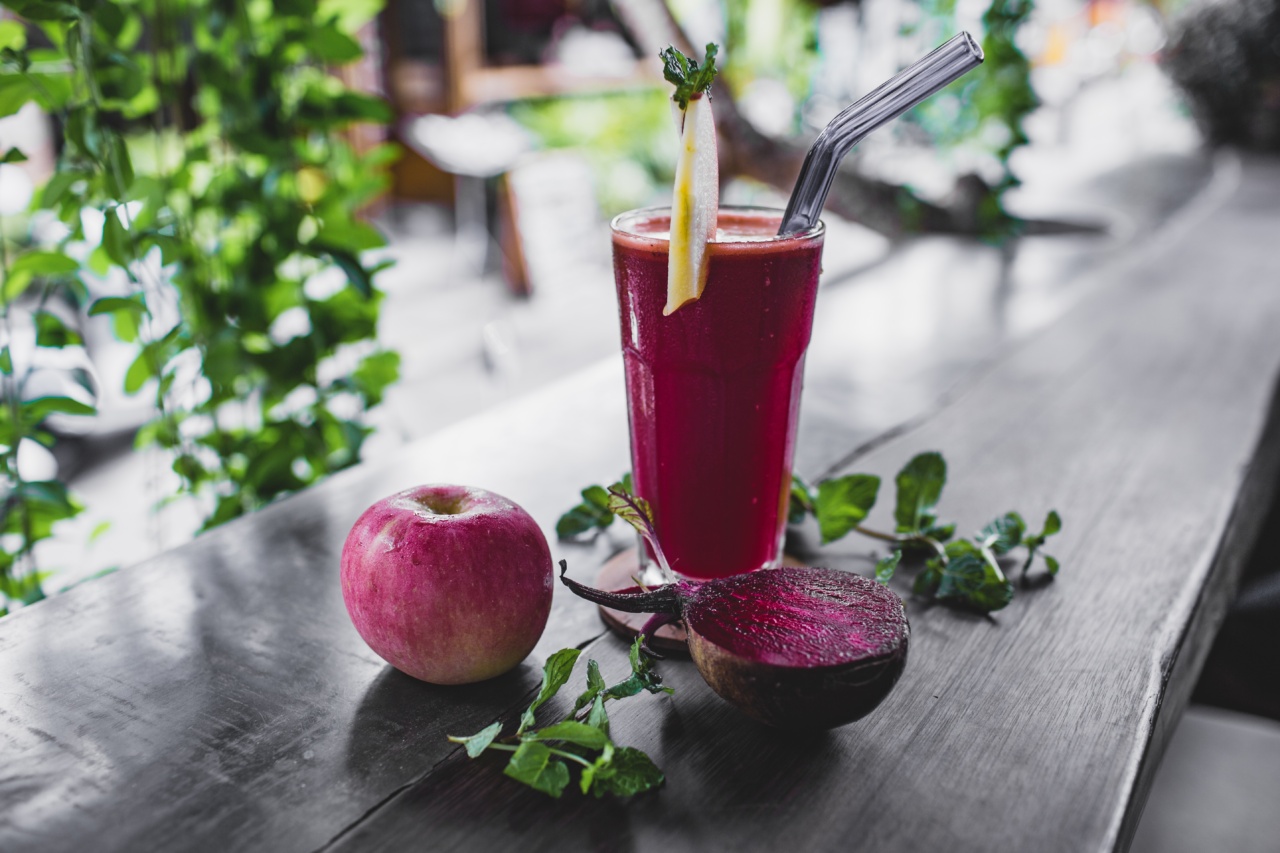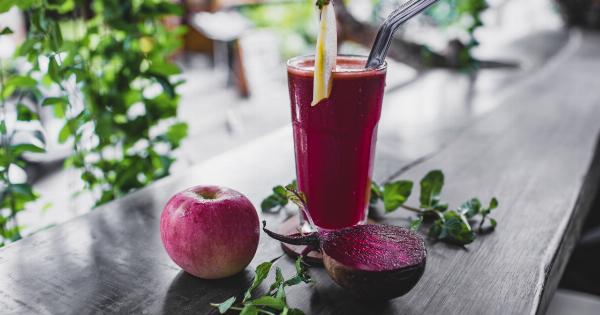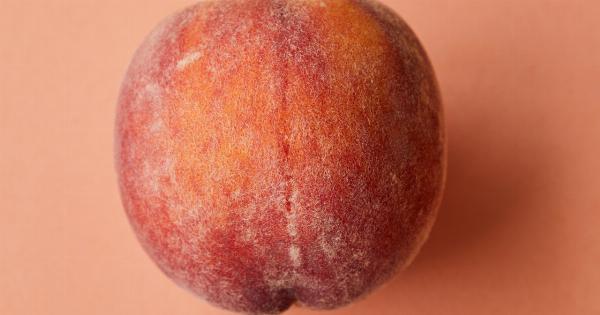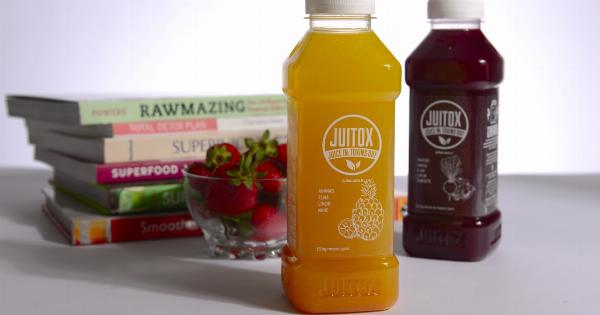Athletes are constantly on the lookout for ways to gain a competitive edge and improve their performance naturally. In recent years, one substance has caught the attention of elite athletes and fitness enthusiasts alike – beetroot juice.
Yes, you read that right. This humble root vegetable has emerged as a game-changer in the world of sports nutrition. Athletes from various disciplines, including endurance sports like cycling and running, have been swearing by the benefits of beetroot juice.
So, what is it about this vibrant red drink that has garnered so much attention? Let’s delve deeper into the science and explore why athletes are turning to beetroot juice for gains.
The Science behind Beetroot Juice
At the heart of beetroot juice’s power lies a unique compound called nitrate. Nitrate is a naturally occurring chemical found in various vegetables, but beetroot is particularly rich in it.
When consumed, these nitrates undergo a series of transformations within the body that ultimately enhance athletic performance.
Enhanced Oxygen Availability
One of the primary reasons athletes swear by beetroot juice is its incredible ability to improve oxygen delivery to muscles. The nitrates in beetroot juice are converted into nitric oxide, a vasodilator that widens blood vessels.
This widening allows for increased blood flow and ultimately ensures more efficient oxygen transportation.
Reduced Oxygen Cost
Not only does beetroot juice increase oxygen availability but it also reduces the oxygen cost of exercise. Research has shown that the consumption of beetroot juice results in a lower demand for oxygen at a given intensity.
This means athletes can sustain higher workloads for longer periods without fatigue setting in.
Improved Endurance Performance
Beetroot juice’s positive impact on oxygen availability and oxygen cost directly translates into improved endurance performance.
Studies have demonstrated that beetroot juice supplementation can significantly enhance time-to-exhaustion, time trial performance, and overall endurance capacity. This has particularly important implications for endurance athletes, who rely heavily on their cardiovascular systems to sustain high-intensity efforts over extended periods.
Increased Energy Efficiency
Aside from enhancing endurance, beetroot juice has also been found to increase energy efficiency during exercise. This means athletes can achieve the same level of performance with reduced energy expenditure.
By optimizing energy utilization, beetroot juice helps athletes conserve valuable energy stores and delay the onset of fatigue.
Reduced Muscle Damage and Inflammation
Intense exercise often leads to muscle damage and inflammation, resulting in delayed recovery and performance setbacks. However, beetroot juice has been shown to possess potent anti-inflammatory properties.
Its high antioxidant content helps combat the damaging effects of reactive oxygen species, reducing muscle damage and inflammation. This accelerated recovery allows athletes to bounce back faster from training sessions and competitions.
Enhanced Anaerobic Performance
While beetroot juice is renowned for its benefits in endurance sports, it has also demonstrated positive effects on anaerobic performance.
Several studies have shown that the consumption of beetroot juice can improve performance in high-intensity, intermittent activities, such as sprinting and jumping. This suggests that athletes from a wide range of sports can reap the benefits of this natural performance enhancer.
The Timing and Dosage
Now that you understand the science behind beetroot juice’s performance-boosting effects, it’s essential to consider the optimal timing and dosage for maximum benefits.
While individual preferences may vary, research suggests consuming beetroot juice approximately 2-3 hours prior to exercise to allow for nitrate conversion. As for dosage, a concentration of 5-6 mmol of nitrate per day is often recommended.
However, it’s important to note that individual tolerances and sensitivities may differ, and it’s best to consult with a sports nutritionist or healthcare professional to determine the ideal dosage for your specific needs.
Beetroot Juice: A Natural and Legal Performance Enhancer
One of the most appealing aspects of beetroot juice is that it is a natural and legal substance.
Unlike some questionable performance-enhancing practices, beetroot juice offers athletes a safe and accessible means to improve their performance without any adverse side effects. This has led to a growing number of athletes and sports teams incorporating beetroot juice into their training and competition routines with impressive results.
Incorporating Beetroot Juice into Your Diet
So, how can athletes incorporate beetroot juice into their diets and harness its powerful benefits? While some athletes opt for store-bought beetroot juice, others prefer juicing fresh beetroots themselves.
Juicing or blending fresh beetroots ensures minimal nutrient loss and allows athletes to customize the taste and concentration of the juice to their liking. Alternatively, beetroot powder or concentrated beetroot supplements are also available for those seeking convenience. Regardless of the form chosen, it’s crucial to remember that consistency is key.
Regular consumption of beetroot juice, incorporated alongside a well-balanced diet and training regimen, can lead to optimal performance gains.
The Future of Beetroot Juice in Sports
As the scientific evidence supporting the benefits of beetroot juice continues to grow, it’s safe to say that its popularity among athletes will only increase.
Even professional sports teams, including those in soccer, rugby, and cycling, have recognized the potential of beetroot juice for gaining a competitive edge. With ongoing research and advancements in sports nutrition, it is likely that we will continue to uncover even more benefits and applications for beetroot juice in the world of sports performance enhancement.


























